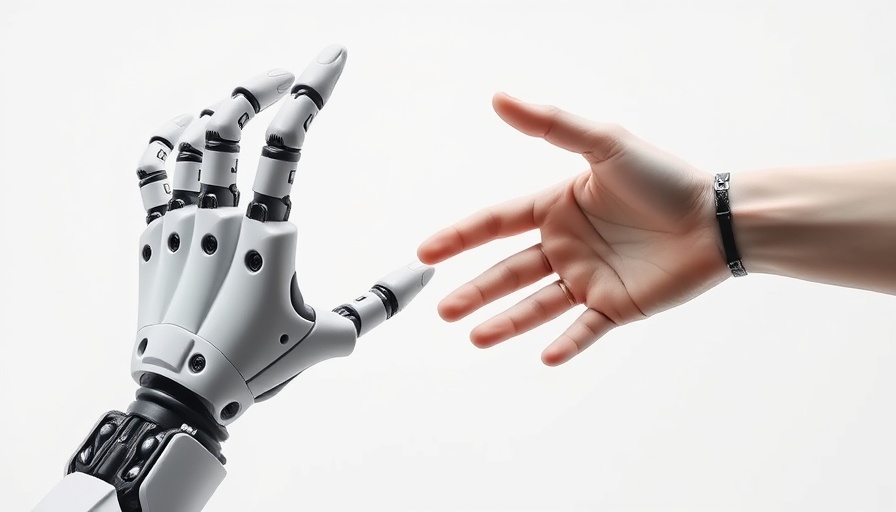
Shifting the AI Landscape: A Call for Inclusivity
In the vibrant heart of Brooklyn, a revolutionary exhibition titled If We Don’t, Who Will? is challenging conventional AI narratives. Created by transmedia artist Stephanie Dinkins, this initiative aims to disrupt the predominantly white narratives within artificial intelligence by emphasizing the voices and histories of Black communities. As technology advances and artificial intelligence becomes an integral part of our lives, Dinkins' work invites us to reconsider how inclusivity can shape our understanding of AI.
Understanding AI's Bias: The Case for Inclusivity
Many people might wonder, particularly those new to technology, how AI can contribute to social disparities. AI systems are often trained on historical data that inherently reflects biases. For instance, AI technologies have been noted to perpetuate discrimination in areas like employment and law enforcement. By centering the experiences of marginalized groups, like Black and brown individuals, Dinkins advocates for an AI that doesn't just mimic societal flaws but rather, seeks to rectify them.
A Personal Touch: Engaging with AI
The installation encourages public interaction through digital storytelling. Visitors can use an app to contribute their own narratives, allowing the AI to learn from a broader, richer dataset. This process represents a significant shift in how AI can understand humanity, fostering an environment where machines are not just tools of analysis but instruments of empathy.
Future Trends: What This Means for AI Innovations
Dinkins' groundbreaking project stands at the forefront of a larger movement advocating for diverse representations in tech. As future AI advancements are developed, her call to challenge existing paradigms is vital. This not only reflects growing awareness of societal inequities but also points towards a future where AI could serve as a tool for social justice rather than perpetuating harm.
Creating Systems of Care: The Ethical Imperative
At the core of Dinkins' exhibition is a crucial question: "Can we create systems of care and generosity within AI?" This philosophy echoes beyond the gallery's walls, urging tech developers and enthusiasts alike to embed ethical considerations into AI's future. Engaging with questions about identity, representation, and societal impact is not just beneficial but necessary as we navigate an increasingly tech-driven world.
As we reflect on this evolution in AI, it's paramount for innovators and technologists to actively commit to inclusivity in their work. Dinkins’ exhibit is not only an art project; it’s a blueprint for how we can all contribute toward fostering an AI that understands and reflects the rich tapestry of human experience.
 Add Row
Add Row  Add
Add 




Write A Comment